Kenya police fire tear gas at opposition supporters
By Reuters
09 August 2017 |
2:00 pm
Kenyan police fired tear gas at supporters of opposition leader Raila Odinga on Wednesday amid high tension following Tuesday's closely contested election.
In this article
Related
Related
10 Apr
A South African court on Tuesday allowed former president Jacob Zuma to run in May's general elections, overturning a decision by electoral authorities barring him over a previous conviction.
10 Apr
The El Nino weather cycle originating in the Pacific Ocean is intensifying drought from Africa to Asia. Why do El Nino and its sibling, La Nina, have such far-reaching climate impacts?
11 Apr
Passengers on a bus that was swept downstream by floodwater on Tuesday (April 9) in Kenya's east clung to ropes as they crossed rapids to get to safety.
11 Apr
There's no turning back says General Burhan, as Sudan approaches the first anniversary of a brutal civil war. Senegal's new leader has sparked hopes for big change and impactful progress. And it's been a good month for Tunisians as the faithful have enjoyed Ramadan celebrations.
4 days ago
Will South Africa's ex-president Jacob Zuma run for president on behalf of a new political organization that he joined last year after denouncing the ruling African National Congress party that he once led?
4 hours ago
In the Rwandan village of Mbyo, Tutsi who survived the genocide now live together with rehabilitated Hutu perpetrators. But they tell DW it has been a difficult journey.
Latest
3 hours ago
Some top Nigerian banks are eyeing the international and local capital markets to raise fresh capital in a bid to meet the recapitalisation exercise by the Central Bank of Nigeria. Egie Akpata, Chairman of Skymark Partners joins CNBC Africa to examine options available to banks.
4 hours ago
After a year of war, Sudan is dealing with one of the world's worst humanitarian crises. As more local and international actors get involved, the outlook remains grim.
1 day ago
Find these stories and much more when you grab a copy of The Guardian on Tuesday.
1 day ago
World leaders called for calm and an "utmost degree of restraint" in the aftermath of Iran's large-scale air attacks on Israel. Iran's attack, which involved the launch of more than 300 drones and missiles against military targets in Israel, has ratcheted up fears of a spillover conflict in a region already grappling with the ongoing Israel-Hamas war.
1 day ago
While visiting Shanghai, German Chancellor Olaf Scholz has argued that the European market must be open to Chinese cars. However, he said that competition must be fair.
1 day ago
Crude oil prices subside as traders bet that the worst is over in tensions between Iran and Israel, although fears remain. Meanwhile, investors charge into safe-haven assets like gold, and Chinese market regulators roll out new investor protections.
×

Get the latest news delivered straight to your inbox every day of the week. Stay informed with the Guardian’s leading coverage of Nigerian and world news, business, technology and sports.



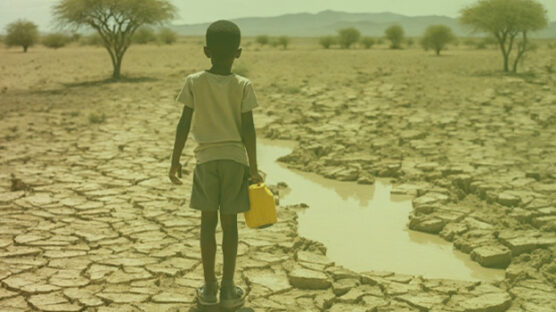
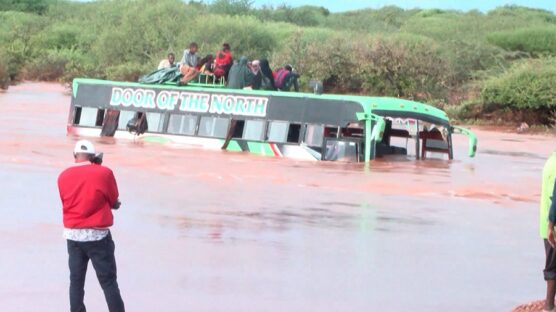

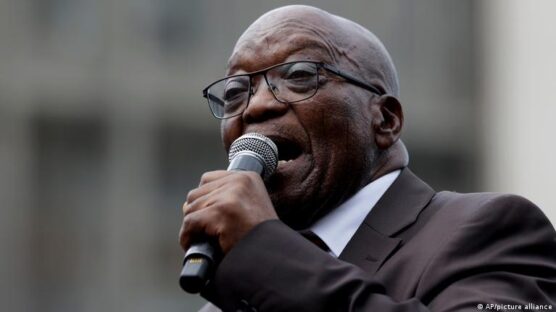
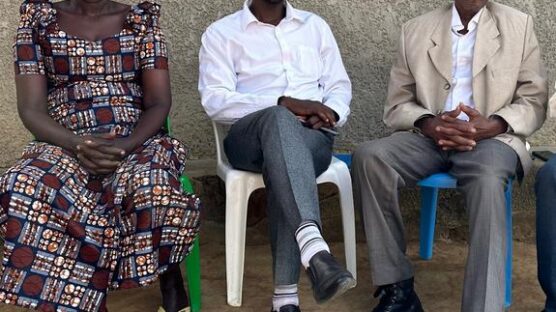





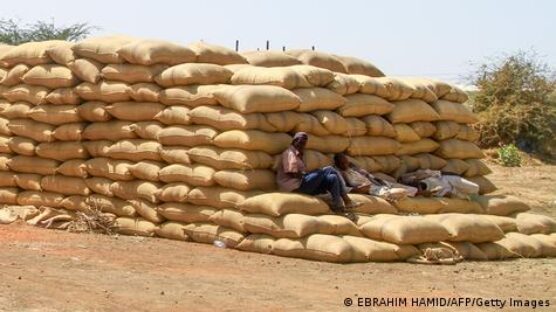
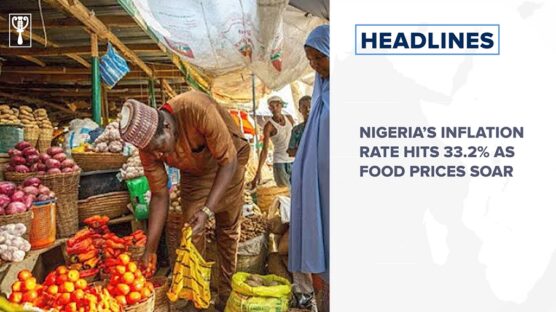

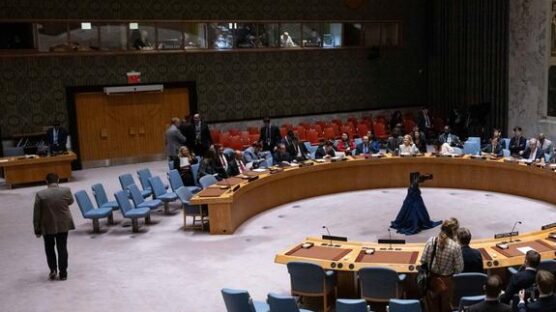
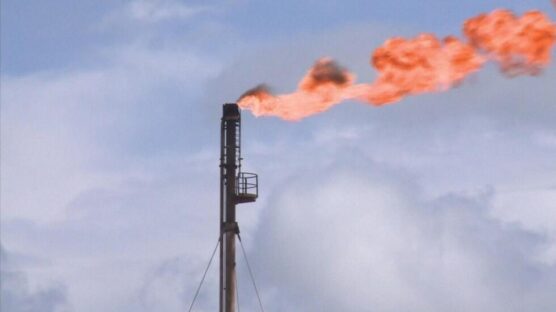
0 Comments
We will review and take appropriate action.